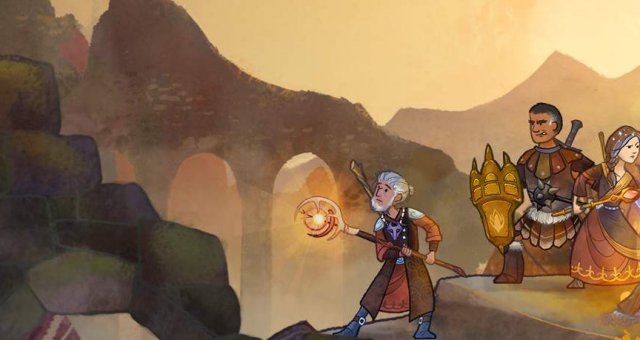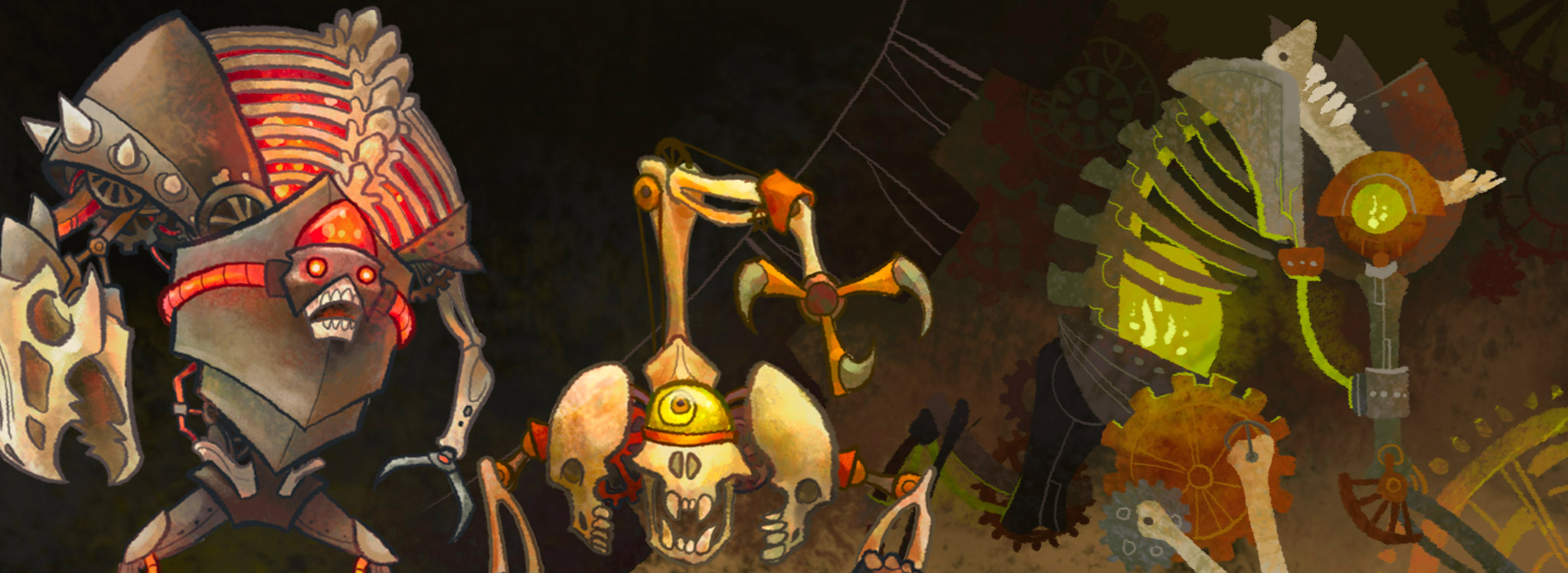

Like, I love Brada, and everyone else loves Brada, but what made everyone love her was not the character the game created for her or the story vignettes she was given after that, but things that happened on the battlefield when she was just a generic unit piece the game didn’t even consider a “character” yet. Emergent storytelling is often better than explicit writing. I’d almost say that this game would be better if there were fewer “comic book segments” and they’d just vaguely suggest what is happening, so that the player’s imagination can fill in with details. To people who have played other campaigns/stories, how similar are they in tone? Did they just pick one whose tone wasn’t appealing to me or would I react the same way to the others? In general though this jerky tone seemed to drown out the personalities the characters were actually supposed to have, and it makes me wonder if the voice of the writer is coming through too much. Especially Quidbarn was a character that was grating to me in the dialogue lines the game decided to give him. I think often the impulse was to make someone say something quippy that instead made them feel like a jerk. Often, what was probably intended as friendly (or frenemy-ly) banter felt more like the passive-aggressive conversations between coworkers who secretly hate each other but have to keep up friendly appearances to do their jobs. I think the latter undermines the former and isn’t strong enough on its own to carry the writing as mainly comedic either. To me, it settles into an unsatisfying compromise between trying to tell a story that feels epic and dramatic, and trying to be self aware and tongue in cheek about that kind of story. Most of my frustrations come from the tone of the writing. Unfortunately, a lot of what the game is doing didn’t really jive with me. Thanks Rob and Austin for playing and finishing this run of Wildermyth, I was very interested in this game so I was glad to see you play it, I think both of your penchant for leaning into role playing was showing off the game in the most favourable light. I think the story in those is far stronger than the other three. Otherwise, you end up with a party of characters half-way towards a level up.įinally, for anyone playing at home, I highly recommend the “Eluna and the Moth” and “All the Bones of Summer” campaigns. Consequently, it is often wise to field fewer than the max party size, because you are dividing the XP between fewer people. One thing to note mechanically is that XP is split between the participants in the battle. I understand why that doesn’t gel for a lot of people though. Because the game gets harder as you spend more time on the map (both because characters retire and because of calamities) you have to be picky about what activities you take, and it’s often the wrong call to explore too much of the map. I’m glad they were able to turn the difficulty down though, I hope that makes it more enjoyable for them!įor me personally the higher difficulty levels in Wildermyth have offered something that I’ve wanted and haven’t seen in many Tactical RPGs: time pressure on the overworld. For what it’s worth I don’t think the campaign is as doomed as Austin thinks - the crew have two level four characters - that’s very strong (the level cap is seven, and this is a half-length campaign). It was a shame that the difficulty level was hampering the enjoyment for people (both in chat and Austin/Rob). At the end of each chapter, the intact buildings will contribute resources for the player to build better gear while having a higher infestation level reduces the peacetime between chapters and can make the next chapter more difficult.Hi, long time follower of Waypoint, but was compelled to join to say how much I’m enjoying this series. The spread of infestations and spawning of incursions put pressure on the player to continue advancing the story and pushing back the enemy. Incursions are powerful enemy raids that will destroy buildings and towns in their path until they peter out or are defeated. Infestations will slowly spread to surrounding areas if not dealt with and over time with spawn incursions. An infestation means enemies are present in the area. The party can be split to meet these objectives, but the fewer characters working together the slower tasks go and the more likely they’ll be ambushed if working in an infested area.


Here players can scout new areas, recruit new characters, build buildings, or move to locations of interest. Random events to develop relationships between characters are on the rarer sideīetween fights, players can move their characters around the overworld.


 0 kommentar(er)
0 kommentar(er)
